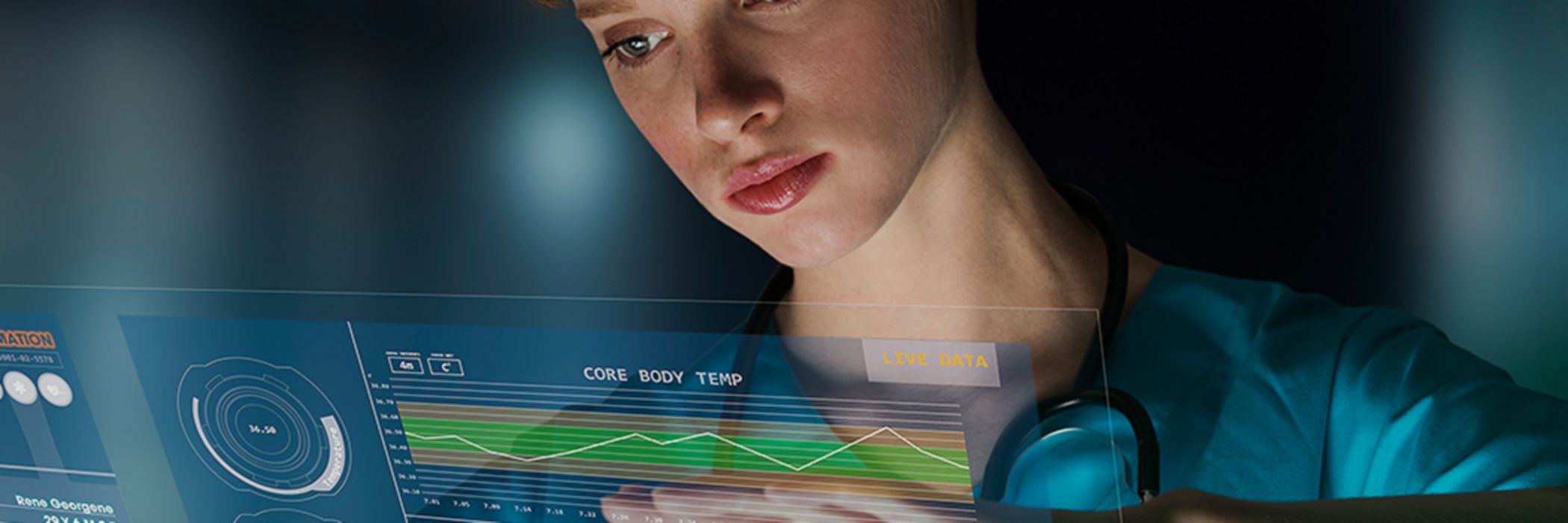The importance of digitalisation and data has also increased significantly in the life sciences industry - and, along with it, potential security risks. In our report “Trends in the Life Sciences Industry - Cybersecurity for Life Sciences”, we have therefore focused on digital and data-driven developments and trends in the industry. On the one hand, we have considered these with regard to the associated security risks and, on the other hand, we have compiled recommendations for dealing with them.
In previous issues of our report, we have already presented more than 70 trends and innovative developments, and new ones are constantly appearing on the horizon of bio, medical and pharmaceutical technology. Many of them are digital and data-driven. This clearly shows what the future will look like in the life sciences industry.
Some current trends from the three areas along the life sciences value chain (research and development (R&D), manufacturing and supply chain, commercial organisation) that we look at in more detail in this edition of our report are:
Externalisation and partnerships
Partnerships with external providers are becoming more important for life sciences organisations. In the areas of supply chains, manufacturing, quality management and logistics, the market already has many examples of this. In this way, business entities can benefit from the skills and competences of specialised providers and meet new requirements necessitated, for example, by personalised medicines and therapies.
Meino Müller
Managing Partner, Head of Performance & Strategy
KPMG AG Wirtschaftsprüfungsgesellschaft
Mobile manufacturing
Another important trend is mobile manufacturing. It could reduce the unequal distribution in access to life-saving medicines between developed and developing countries and thus also improve supply. This is particularly important for the worldwide distribution of vaccines, as well as for the medical and therapeutic care of patients in disaster and conflict areas. This is made possible by production units or laboratories in containers that can be transported to all continents by truck, ship or plane.
Smart body implants
Knee implants that collect kinetic data to aid post-operative treatment, bone implants that detect and respond to a misalignment of a fractured bone, and dental implants that resist bacterial colonisation - these are just a few examples of data-driven, smart products in development that have the potential to revolutionise the field of medical implants.
Read more about trends in the life sciences industry, the associated cyber risks and recommendations for countermeasures in the summer edition of our trend report, which you can download here.
Further Information
Your contact
Stay up to date with what matters to you
Gain access to personalized content based on your interests by signing up today
Marko Vogel
Partner, Consulting – Cyber Security, Head of Cyber Security
KPMG AG Wirtschaftsprüfungsgesellschaft
Connect with us
- Find office locations kpmg.findOfficeLocations
- kpmg.emailUs
- Social media @ KPMG kpmg.socialMedia






